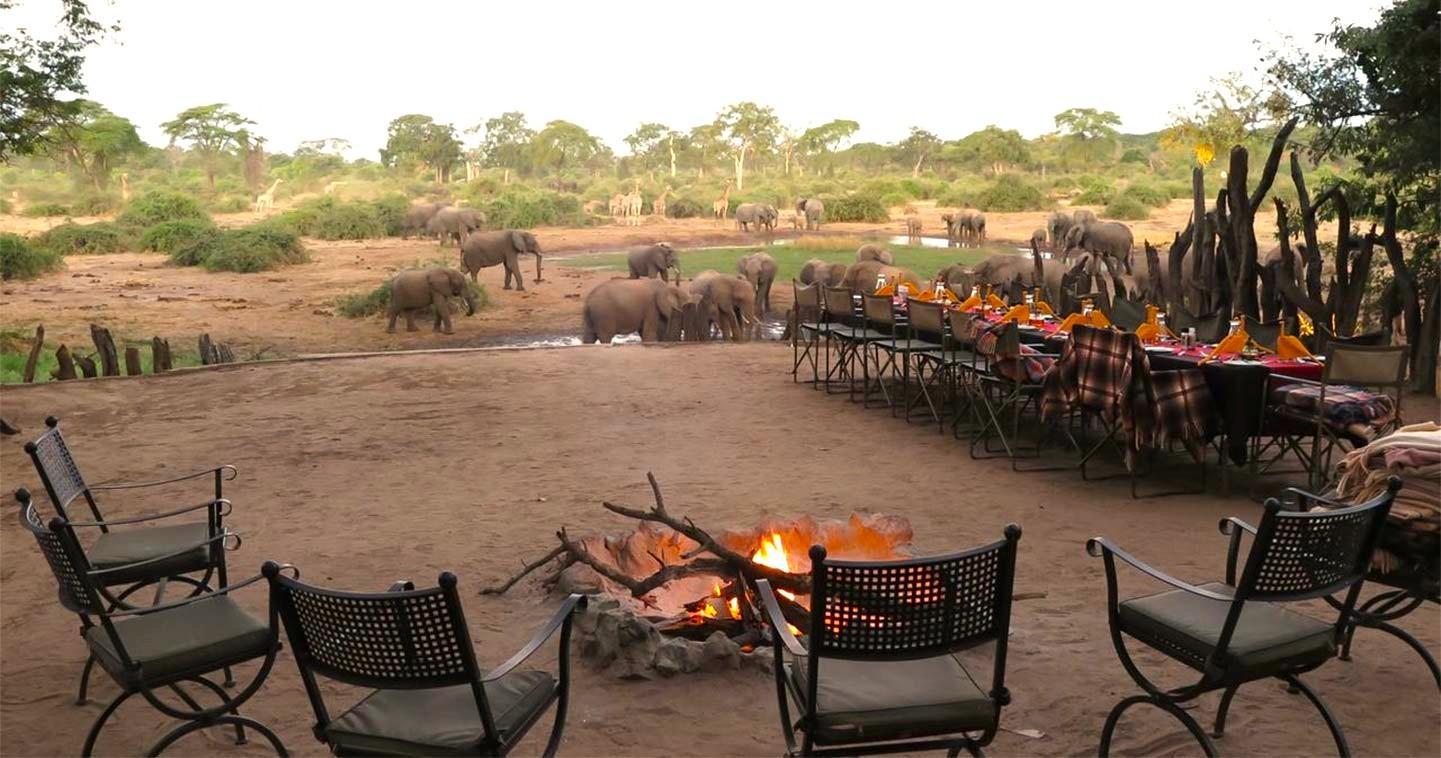Africa-Press – Botswana. Operating a lodge in Botswana’s Chobe National Park offers unique opportunities for tourism, wildlife experiences, and revenue generation, but it also comes with a set of significant challenges. Lodge owners and operators must navigate logistical, environmental, and operational obstacles to maintain successful and sustainable operations.
One of the main challenges is infrastructure and accessibility. Chobe National Park covers a vast area with limited road networks. Lodges often require long travel times from major towns or airports, which can affect guest arrivals and supply deliveries. Maintaining reliable transport routes and vehicles is crucial for operations, especially during the rainy season when some roads can become impassable.
Wildlife management presents another challenge. The park is home to large populations of elephants, lions, hippos, and other wildlife. While these animals are the main attraction for guests, they can also pose risks to lodges, staff, and visitors. Lodges must implement strict safety measures, fencing where necessary, and staff training to prevent dangerous encounters and ensure both human and animal safety.
Supply chain and resource management are constant concerns. Many lodges rely on transported goods for food, fuel, and building materials, which can be costly and delayed. Electricity and water supply can be inconsistent, requiring lodges to invest in generators, solar energy systems, and water purification solutions. Effective planning and contingency strategies are essential to maintain high service standards.
Staff recruitment and retention also pose challenges. Lodges require trained personnel for hospitality, guiding, and operations, often in remote locations. Attracting skilled staff to work in isolated areas, providing accommodation and incentives, and ensuring continuous training are ongoing priorities. High staff turnover can impact guest experiences and operational efficiency.
Environmental and regulatory compliance is another key consideration. Lodges must adhere to conservation laws, environmental permits, and tourism regulations. Balancing business growth with environmental sustainability, including waste management, water conservation, and minimizing human-wildlife conflict, is critical to preserving the park’s ecosystem and long-term viability of the lodge.
Finally, seasonal fluctuations in tourism affect revenue stability. Peak seasons bring high occupancy and profits, while low seasons can leave lodges underutilized. Effective marketing, partnerships with tour operators, and diversifying services are strategies used to mitigate these fluctuations.
Running a lodge in Chobe National Park requires careful planning, resilience, and a commitment to sustainable practices. Despite the challenges, lodges that successfully navigate these obstacles can provide unforgettable wildlife experiences, support local economies, and contribute to Botswana’s growing eco-tourism sector.
For More News And Analysis About Botswana Follow Africa-Press






